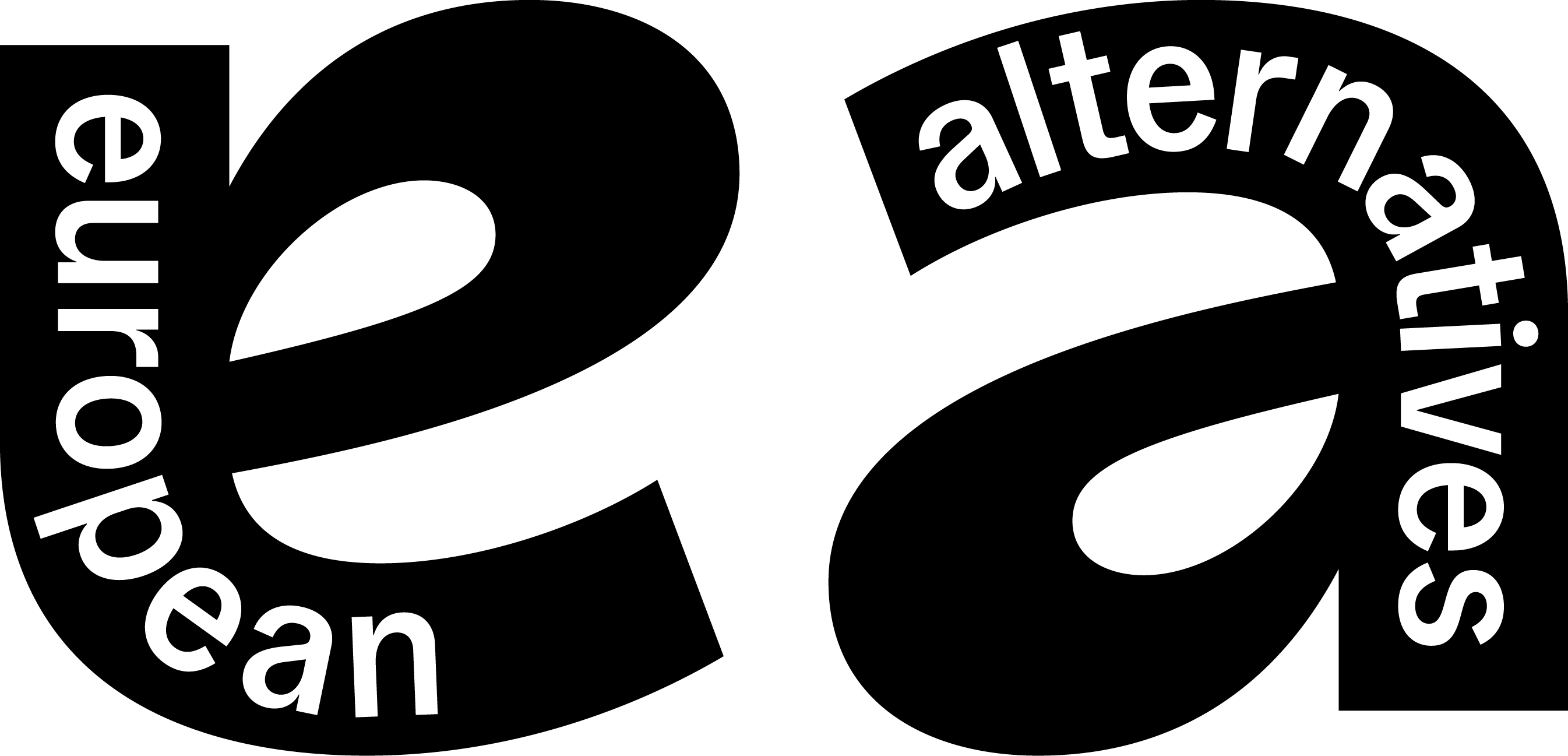Round Table – “Feminisms under attack, democracies at stake: Black, queer and decolonial resistance to backlash”
Contexte :
In France and across Europe, the backlash against women’s and LGBTQIA+ rights is part of a structured, transnational authoritarian project.
Fueled by conservative governments and anti-choice movements, anti-woke, anti-feminist, and anti-decolonial rhetoricnow dominates public discourse. These discourses target sexual and reproductive rights, gender equality, anti-racist, ecological, and decolonial struggles, as well as critical intellectual spaces. These are not isolated incidents but part of a global ideological offensive, aiming to restore a white, bourgeois, heteropatriarchal, and nationalist social order.
In France, under the guise of secularism or national security, this dynamic has led to the criminalization of anti-racist and decolonial movements, increased surveillance of anti-racist associations, and repression of racialized feminist voices. Scholars are attacked for their work on gender and race; collectives are dissolved; Muslim women are excluded from public spaces, while the fight against sexual violence is weaponized to justify xenophobic and securitarian migration policies.
This distortion is part of a wider shift that frames certain feminist voices as threatening, illegitimate, or “dangerous.”In this context, Black, queer, afrodiasporic, Muslim, and decolonial intersectional feminisms are consistently targeted. Frequently labeled as “extremist,” “separatist,” or “communitarian,” they are pushed to the margins and disqualified from public debate.
Yet these voices—Black, queer, Muslim, anti-racist, and decolonial—are violently attacked precisely because they pose a real threat to the established order. They fight on multiple fronts: against police violence, systemic racism, patriarchal impunity, precarity, and environmental destruction. These feminisms refuse to rank struggles in a hierarchy. From the margins—and against them—they develop radical political practices rooted in care, justice, and the memory of resistance. They stand at the frontlines of the fight for equality, dignity, rights, safety, and climate justice.
As bell hooks once said, “the margin is a site of radical possibility”—a space where the most transformative visions of society are born. And yet, these margins remain structurally invisibilized, underfunded, and marginalized in both activist and institutional spheres. But democracy cannot be defended without those who live in its blind spots.
This roundtable invites us to shift our perspective: to recognize Black and intersectional feminisms not as peripheral, but as central forces in defending and reinventing democracy.
As part of the Les Marges en Feu! – Margins: On Fire! festival—an unapologetically radical space for feminist and transnational convergence—this roundtable raises a crucial question: From gender equality to racial, ecological, and decolonial justice: how are intersectional feminists shaping democracy and the future?
Session Objectives:
-
Reaffirm the role of intersectional feminist struggles in the defense, reinvention, and regeneration of democracy.
-
Center the visibility of Afrofeminist, queer, Muslim, anti-racist, and decolonial movements in the current context of global repression.
-
Share strategic analyses and collective responses to systemic (political, legal) violence and political marginalization.
-
Explore intersectionality as a tool for democratic, social, and institutional transformation.
Location: Les Arches Citoyennes, 3 Place de l’Hôtel de Ville, 75004 Paris
Date & Time: Saturday, June 7 | 4:15 PM – 5:45 PM
Participants: Louna Sbou, Scarlet (MWASI), Anikó Orsós, Paula Doyle moderated by Nasteho Aden
Language(s): English & French (simultaneous translation)
REGISTRATION HERE

